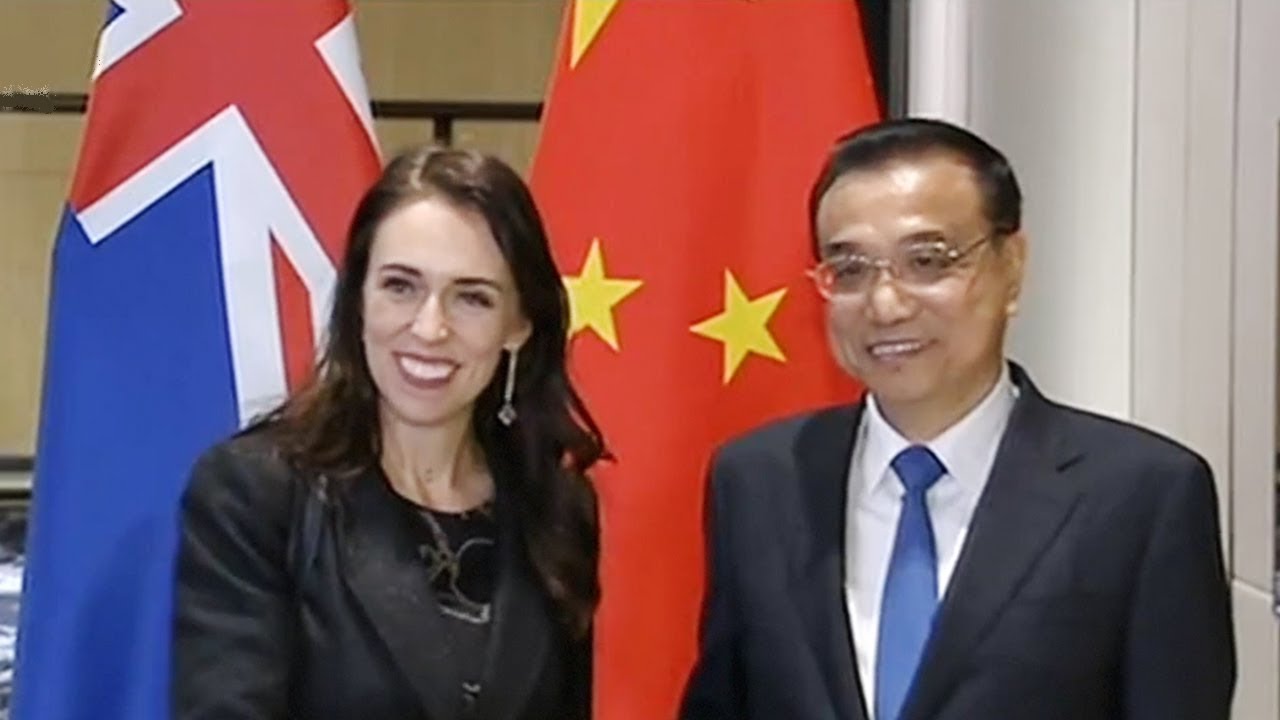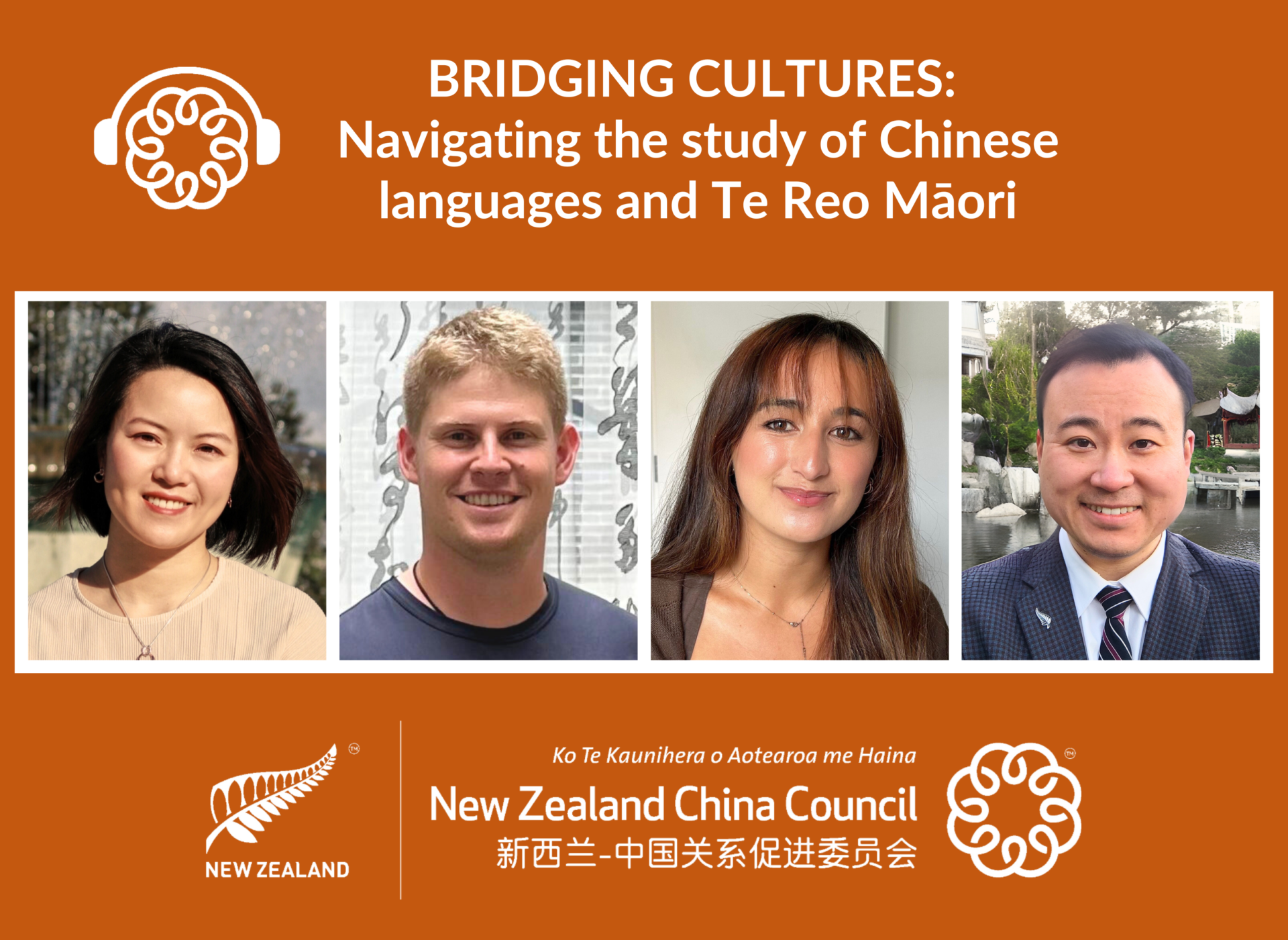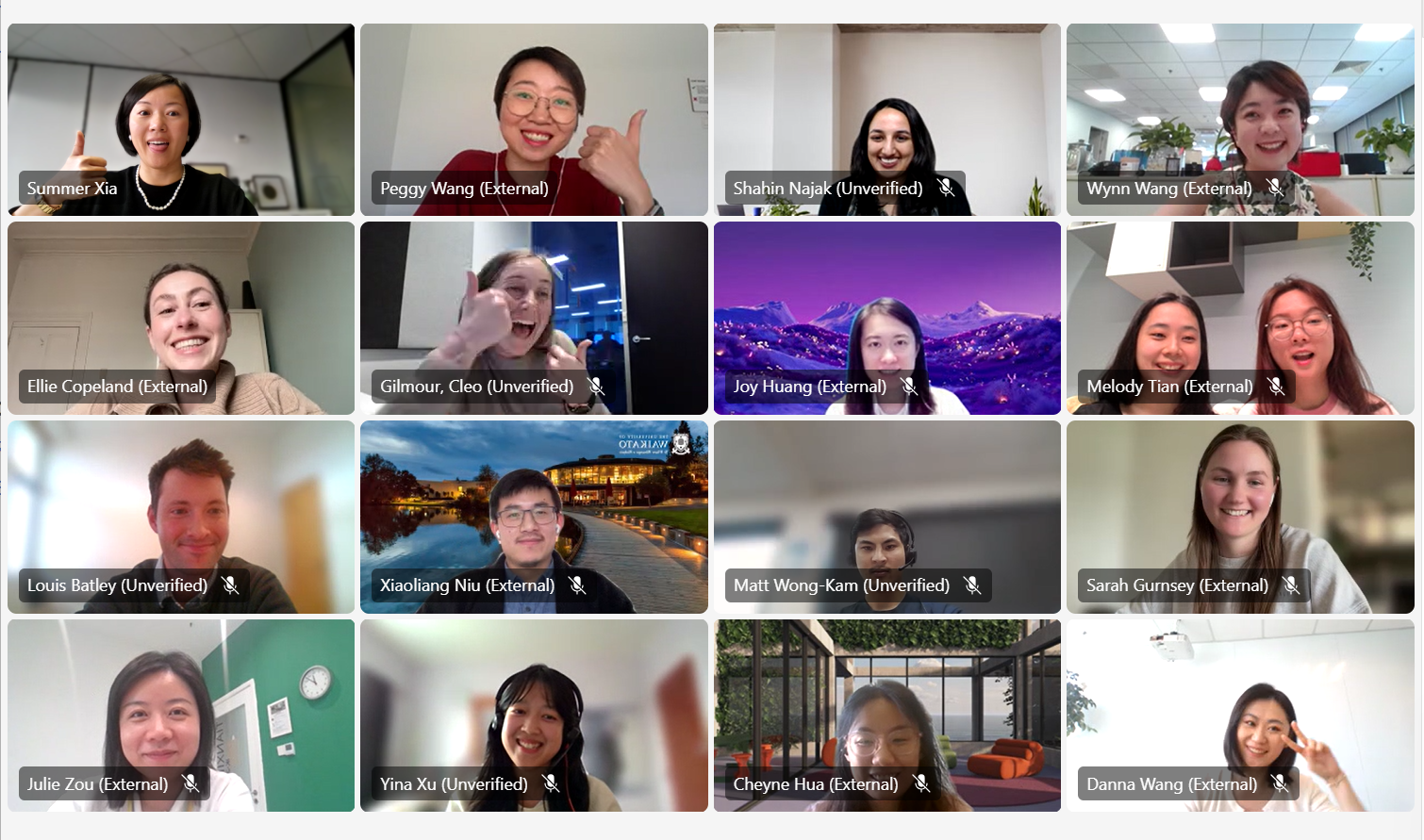NZ Herald Op Ed: Anti-China narrative not the Kiwi way
Anti-China narrative not the Kiwi way
There’s an anti-China narrative starting to emerge in New Zealand. It reflects debate in Australia about the extent of ‘Chinese influence’, particularly on politicians, and follows moves by the Turnbull government to crack down on activities of local Chinese organisations. But in New Zealand it’s a debate thick with insinuation and scant on evidence.
Voices here have raised concerns about China actively interfering in our domestic affairs and controlling local Chinese media, students and community groups. Canterbury University Professor Anne-Marie Brady argues that as a small country we are unable to protect ourselves from this interference, and our current trajectory with China will damage our traditional alliances, leaving us with little choice but to accede to China’s interests.
It’s the role of academics to question, challenge and think critically, and Brady does this very well. But just as the narrative in Australia is starting to be questioned, similar claims here deserve similar scrutiny.
Specifically, we need to examine more closely whether claims about Chinese influence in New Zealand stack up. How well equipped Is New Zealand to deal with active campaigns of external interference from wherever they may come? We have institutions and agencies whose job it is to protect us from these threats. Moreover, we have close intelligence connections with traditional allies – itself an indication, if one were needed, that New Zealand has multiple partnerships internationally. If credible evidence emerges of harmful activity on New Zealand soil, we have structures in place to deal with this.
Thankfully, our Government is keeping clear head on these issues. Prime Minister Ardern has noted the need to be vigilant against influence from all foreign countries, but has been clear that there is no evidence to justify the kinds of concerns which have surfaced across the ditch. Her views are echoed by former Australian Prime Ministers and other Australian academics who are calling out the tone of discourse in that country as unwarranted.
Professor Brady uses an odd analogy of China’s relationship with Albania in the 1960s, which she attributes to an unnamed Chinese diplomat, to argue that New Zealand’s sovereignty and interests are at risk as we become more dependent on China economically. Brady is absolutely right that New Zealand needs to diversify its export partners, but she might usefully have acknowledged that this is exactly what we are doing and have been doing since Britain entered the European Community.
Take, as evidence of New Zealand’s determination to pursue its own path, the CPTPP, for which New Zealand has been an active and leading advocate, even as larger states like the US and Canada have walked away or prevaricated. This represents exactly the type of partnership with like-minded democracies that Professor Brady has called for. It is also a clear demonstration of New Zealand’s willingness to take a different approach from China where we deem our interests to require this. New Zealand certainly wants to build deeper economic ties with China, but the fact is we can do this at the same time as building connections with other countries.
None of this has stopped the anti-China narrative gaining traction here. It’s an easy story to tell, and may however unintentionally tap into a prejudice against Chinese people which has raised its head several times in our history including in the form of a poll tax once applied to Chinese immigrants. With such a history care needs to be taken, particularly when it comes to targeting individuals in the Chinese community. Robust debate is to be welcomed but we are a better nation when that debate is carried out in a respectful way.
Smaller countries always need to have their eyes open when they enter into relationships with larger partners. On this point, I am in complete agreement with Professor Brady. New Zealand has long experience of this. But we can only maintain productive and respectful international relationships as long as public debate is based on reason and evidence, rather than allegations and insinuation.
This op-ed appeared in the New Zealand Herald, 26 February 2018.












 MENU
MENU
